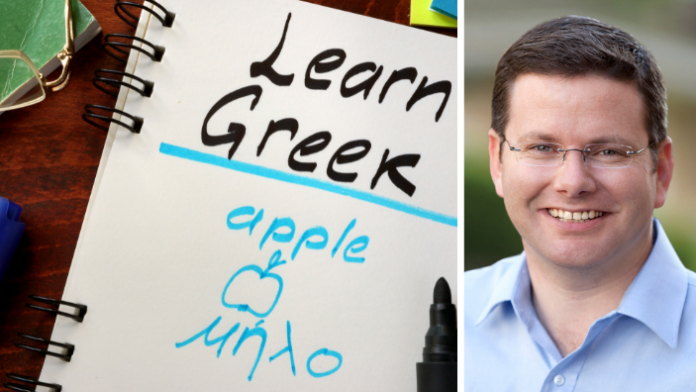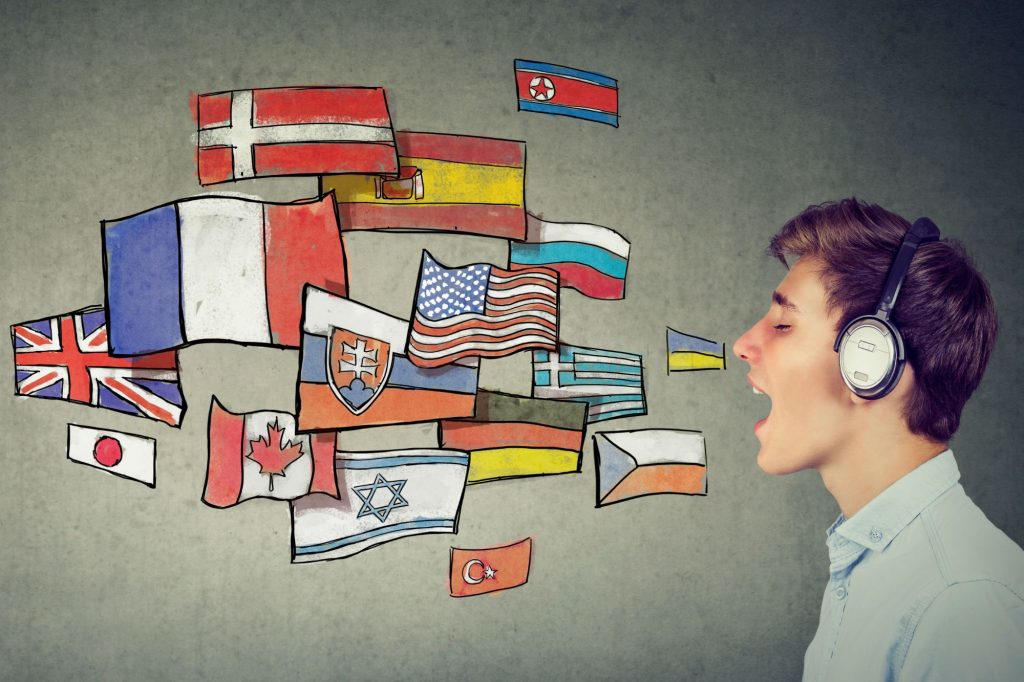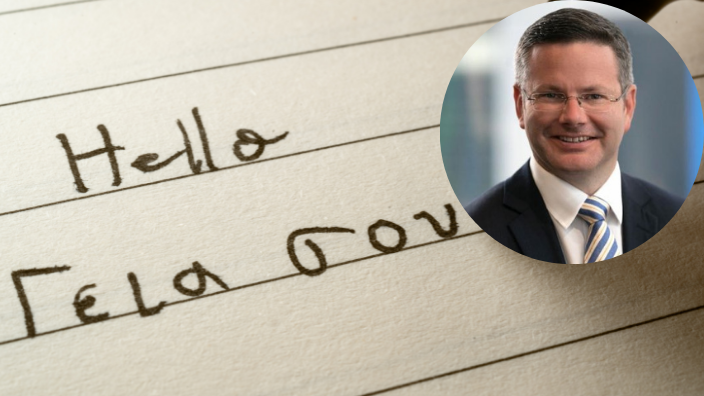Opinion piece by NSW Multicultural Minister, Mark Coure.
For Sydney to really live up to its potential as a global city, more of us need to have greater knowledge of a second language.
Across NSW, we have people from many different backgrounds. Nearly a third of people living here were or have parents who were born overseas, and we speak some 215 different languages. And at the heart of it all is Sydney, our global city.
On street corners in Hurstville, Lakemba, Cabramatta, Kogarah and Parramatta, you can hear Mandarin, Arabic, Cantonese, Vietnamese, Greek, Hindi, Italian, Korean, and Spanish. Yet, we haven’t really capitalised on the presence of these languages and tried to learn them.

How often have we travelled to another country and had the comfort of hearing English on arrival? That’s because people in these countries understand the value in learning a language beyond their own. This is especially the case for our neighbours in the Asia-Pacific, like Indonesia, Thailand, and Vietnam.
I want all of us to start treating language learning as a priority. This means treating it the same as maths, science, and technologies. But, to get there, we need to have the right frameworks in place to support and empower our children to learn another language.
By encouraging the learning of a second language, we will only better position ourselves to become a stronger global city. People who learn a second language can discover pathways to working as interpreters or translators, which have been vital in situations such as the pandemic. Translators helped our businesses and even our government connect with people and keep them informed.

Over the years, the general approach to languages in NSW schools has been a bit hotchpotch. But I know we can do better by having a strong and evidence-based approach to teaching languages in schools. This is something I certainly hope to see included in the NSW Curriculum Reform led by our Education Minister, Sarah Mitchell.
Beyond learning in our schools, we need to empower students to continue learning as adults, through university, TAFE, or at one of the many community language schools we have right here in Sydney. Even our larger institutions and public sector organisations should consider offering language learning as a form of professional development to their employees.
Technology has certainly made it easier for people to learn another language in a cost-effective way and in their own time. It definitely has for me. I had the opportunity to learn Indonesian while in school, where I first saw the value of learning a second language. Unfortunately, after school, work and family commitments meant I was too time poor to continue studying. However, through language apps, I have been able to restart language learning in my own time.
But I also believe there is another way to learn languages that will also help us develop as a society: learning from the people around us who speak one of the 215 languages present in our state.
So, this Harmony Day, instead of just acknowledging how great our diversity is, be a part of it. Turn to your neighbour, friend, or work colleague and ask them how to say hello, goodbye, yes, no, please or thank you in their language. You might just find that you will not only build a greater relationship with them, but also motivate yourself to go and learn more.
Mark Coure MP
Minister for Multiculturalism
Minister for Seniors
